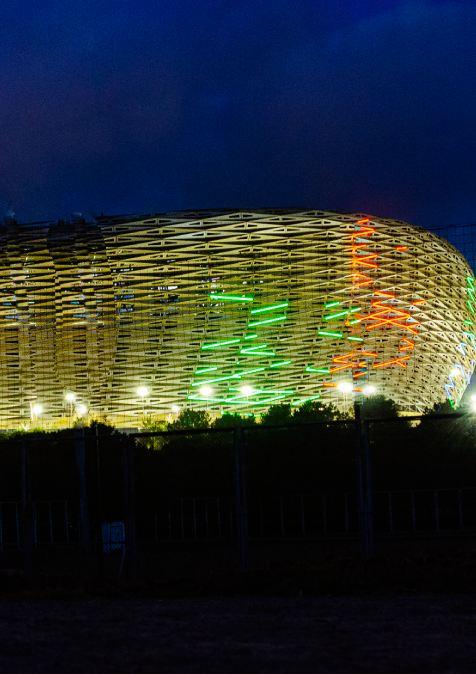Sports diplomacy can be defined as a foreign-policy approach that uses sport as a tool to advance national interests, shape international perceptions, and foster cross-border engagement. As a subset of cultural and public diplomacy, it operates where politics, identity, and popular culture intersect. In an increasingly polarised and fragmented global order, sports diplomacy has emerged as one of the ‘softest’ of soft-power instruments, able to reach audiences that traditional diplom ...



